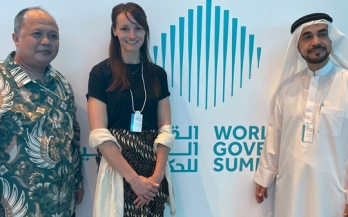

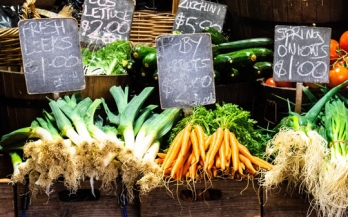
A food systems approach for better nutrition and planetary health
Online Webinar, Global
Hosted by the Food and Land Use Coalition (FOLU), Food System Economics Commission (FSEC) and EAT this event will bring together different stakeholders involved in shaping food systems - producers, civil society, research organizations, private sector, and governments – for an open conversation that mobilizes action on nutrition and identifies solutions to today’s nutrition crisis.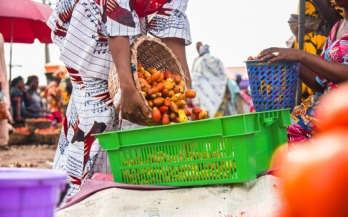
GAIN Working Paper Series 16 - Business opportunities to reduce post-harvest loss of nutritious foods
- 27/01/2021
Reduction of post-harvest loss could have a major positive impact on increasing the affordability and accessibility of nutrient-dense fresh fruits and vegetables, particularly in low- and middle-income countries. While technologies to do so exist, their financial viability for the firms that would need to adopt them has not always been clear.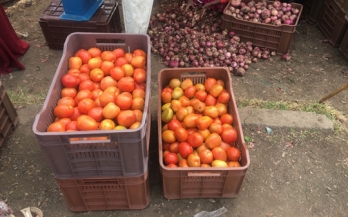
GAIN Working Paper Series 17 - Business models for reducing post-harvest loss of fresh vegetables
- 28/01/2021
Reducing post-harvest loss is one promising way to make nutritious foods more available, accessible, and affordable - all while improving the environmental sustainability of the food system. While viable technologies to reduce loss exist, they have limited uptake, particularly in low- and- middle income countries (LMICs).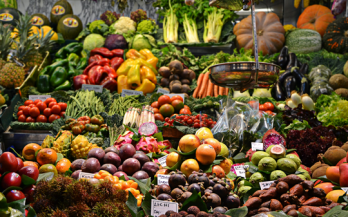
Accelerating African agro industry growth, productivity and value chain development; Tackling food waste and security challenges
Online Webinar, Global
SSCG Africa Agribusiness Summit 2021 will take place online on Thursday 28 January 2021. The theme is Accelerating African agro industry growth, productivity and value chain development; Tackling food waste and security challenges.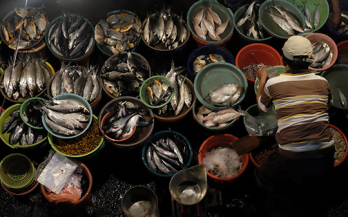
Driving innovation and collective action in Indonesia's fish value chain
- 12/11/2020
Food loss is a big challenge in Indonesia, with loss of nutritious fresh fish particularly significant. Indonesia is ranked second in the world for food loss1, suffering a yearly loss of approximately 13 million tons2, equating to 300 kg per person per year and comprising about 20% of agricultural crops and 30%3 of fisheries products.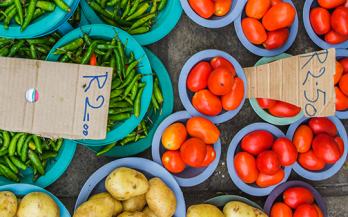
Tomatoes - the world's most popular vegetable
- 29/09/2020
In countries where the Global Alliance for Improved Nutrition (GAIN) main offices are located, tomatoes vary in abundance - with the average supply from approximately one tenth of a medium-sized (60g) tomato per person per week in Ethiopia, to four medium-sized tomatoes per person per week in India, and up to 12 medium-sized tomatoes per person per week in the US.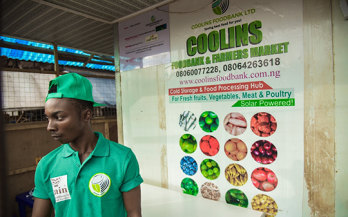
GAIN Working Paper Series 9 - Creating alliances and fostering innovations to reduce post-harvest loss of nutritious food
- 29/09/2020
Based on an external assessment, this working paper summarises PLAN’s work in Nigeria (N-PLAN) and Indonesia (I-PLAN), impacts to date, and key learnings. The assessment indicated that PLAN has helped create influential networks, allowing diverse stakeholders to work together to address common issues related to post-harvest loss.
Reducing food loss and waste during COVID-19
- Online Webinar, Global
The Jakarta Post webinar series will discuss issues of food loss and waste. Coinciding with the commemoration of the International Day of Awareness on Food Loss and Waste the webinar will feature authoritative speakers, including policymakers, representatives of nonprofit foundations and independent observers.
The small and mighty enterprises feeding Africa and Asia
- 20/07/2020
In low-income countries, poor dietary diversity is driven in large part by the low availability and affordability of nutritious foods like fresh fruits and vegetables, dairy products and other animal sourced foods. In a recent assessment, GAIN determined that small-and medium-sized enterprises (SMEs), or small and mighty enterprises as GAIN likes to call them, produce, process or sell up to 70% of nutritious food sold in low-income markets in Africa.